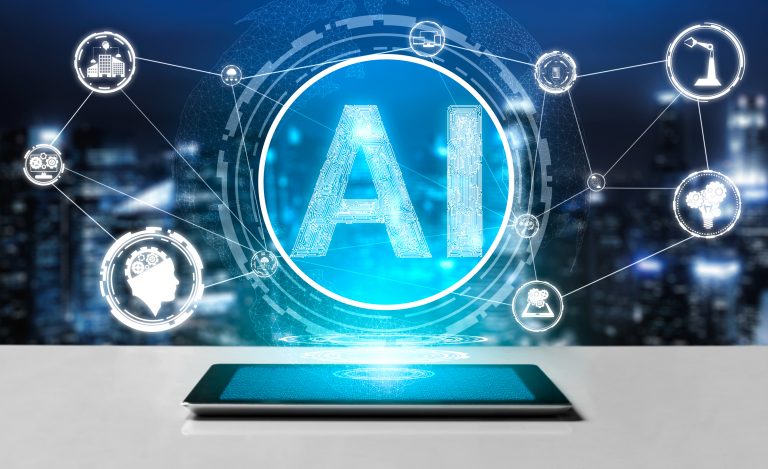
Categories
Automation should improve human resources, not replace them

Intelligent automation is already changing the way many companies work. They are moving from routine cost accounting to implementing complex AI/ML (Artificial Intelligence and Machine Learning) applications to rethink how business interacts with customers.
As technologies become smarter, they learn how people behave and can transform the human resources of companies if applied correctly. Technology will not replace people, but can make them more productive, efficient and happy – a concept that many companies have yet to fully adopt.
Cycle of innovation
Technologies that change the paradigm, such as AI, have long been working as agents of innovation and catalysts for economic shifts that are even hard to imagine.
For our generation, AI is the electricity of the present; a technology with the potential to extend to virtually every aspect of business: from strategic planning to product development, from customer service to cyber security.

The main advantages of automation
Today’s innovative technologies differ from those of past years in that they are capable of learning. Employees and company leaders must perceive this as an opportunity. By teaching AI applications to perform time-consuming tasks such as expense reporting, comparing or formatting data, people will be able to focus their daily work on tasks that require more serious skills that require the sensitivity of a living person.

Intelligent, interactive technologies can also greatly improve the customer experience with the company, making the “always in touch” approach a reality.
For example, AI can take over the processing of simple requests and transfer to people only those that require their participation, thus removing situations where customers have to wait half an hour on the phone when contacting the service.
The AI’s ability to consume and analyze huge amounts of data from different sources expands human capacity to make more accurate and clear business decisions that can affect the design and development of products, internal business processes, customer support.
Ethical considerations
How exactly the company integrates intelligent automation into business processes is an indication of what kind of organization it is. AI learns from people, so companies need to make sure that employees give the algorithms consistent and repetitive instructions and do not confuse them.
The AI collects and reflects all available data, including social media, images, videos and other information that we allow to learn. Company leaders should be attentive to ethical issues that may be faced. You should also be careful about humanizing AI applications. They strengthen human resources, but do not replace them and should not become the face that represents the company in front of its clients.

In the end, the focus should be not just on automation, but on “intelligent automation”.
Given the rapid development of intelligent automation, each organization has a responsibility – to employees and customers – to explore what automation means to them, and only then make informed decisions about how, when and what to invest in. Because it is very likely that competitors do the same.